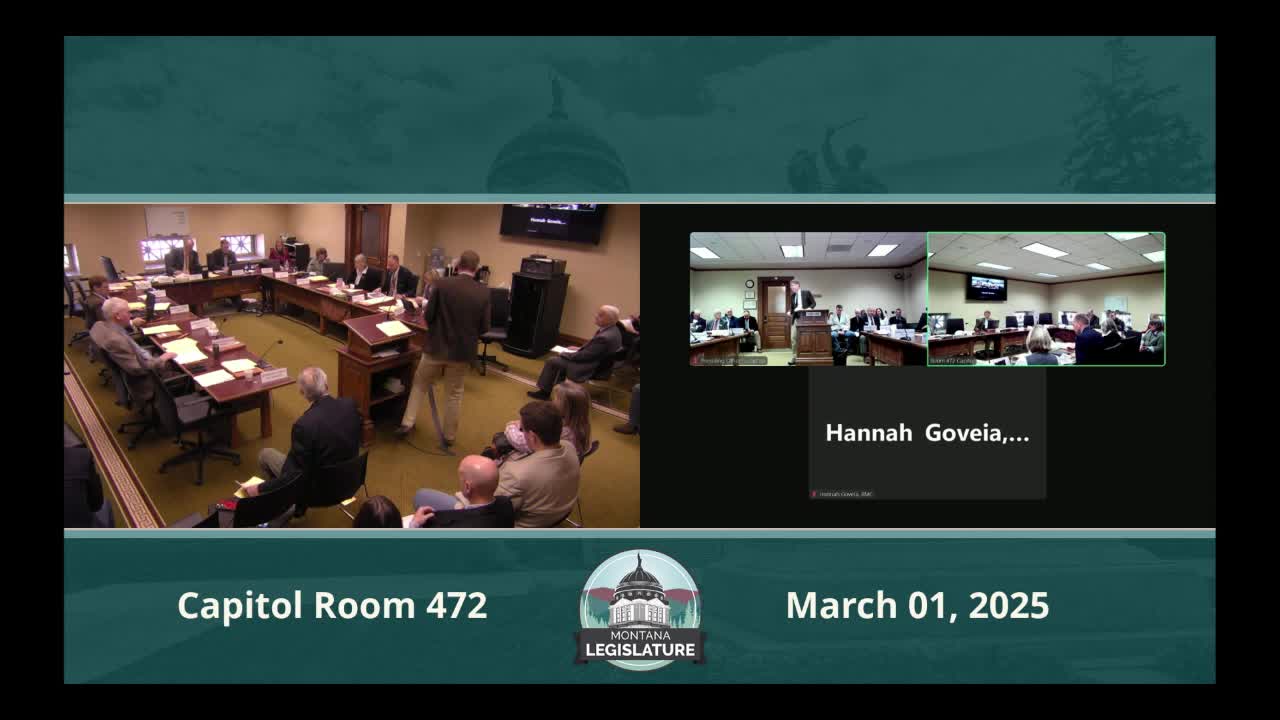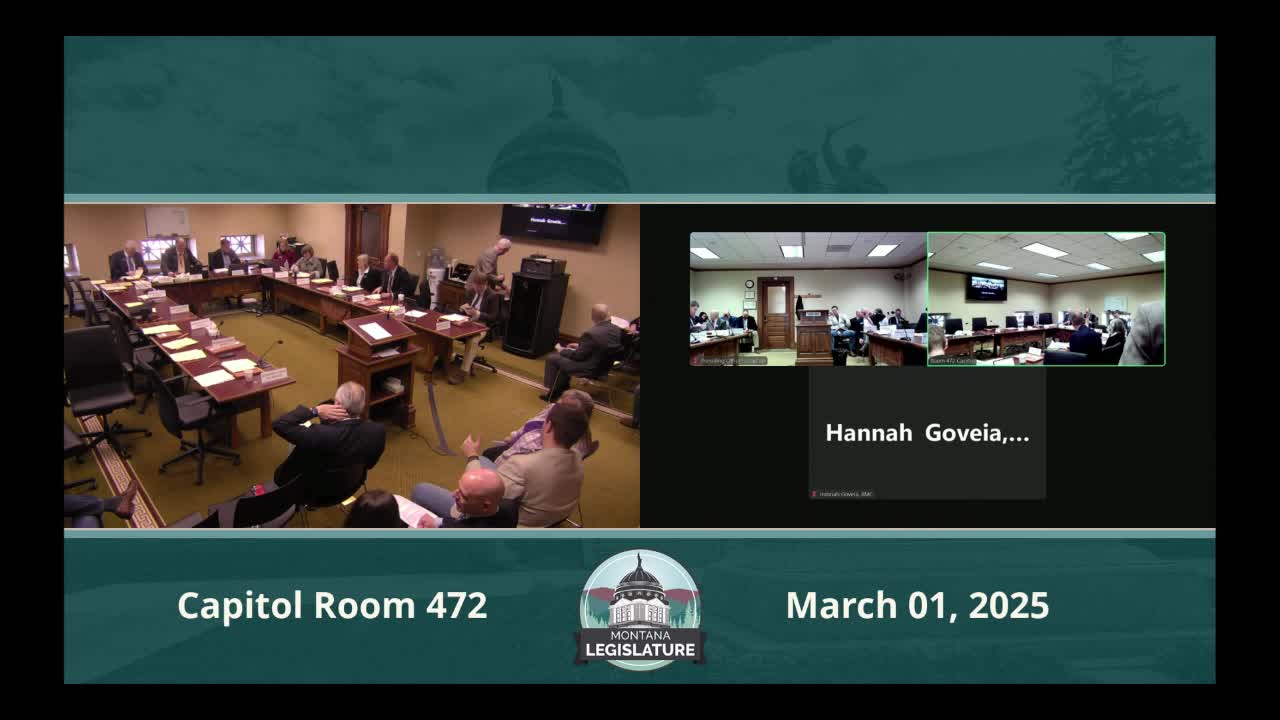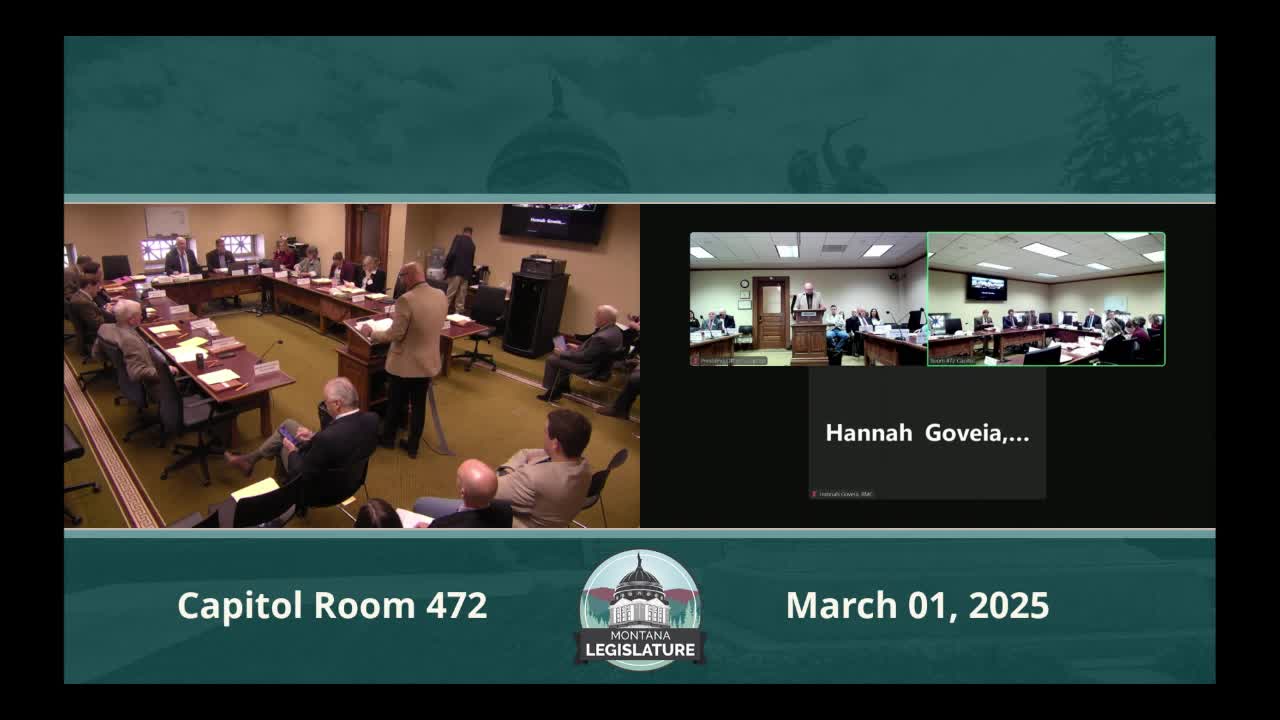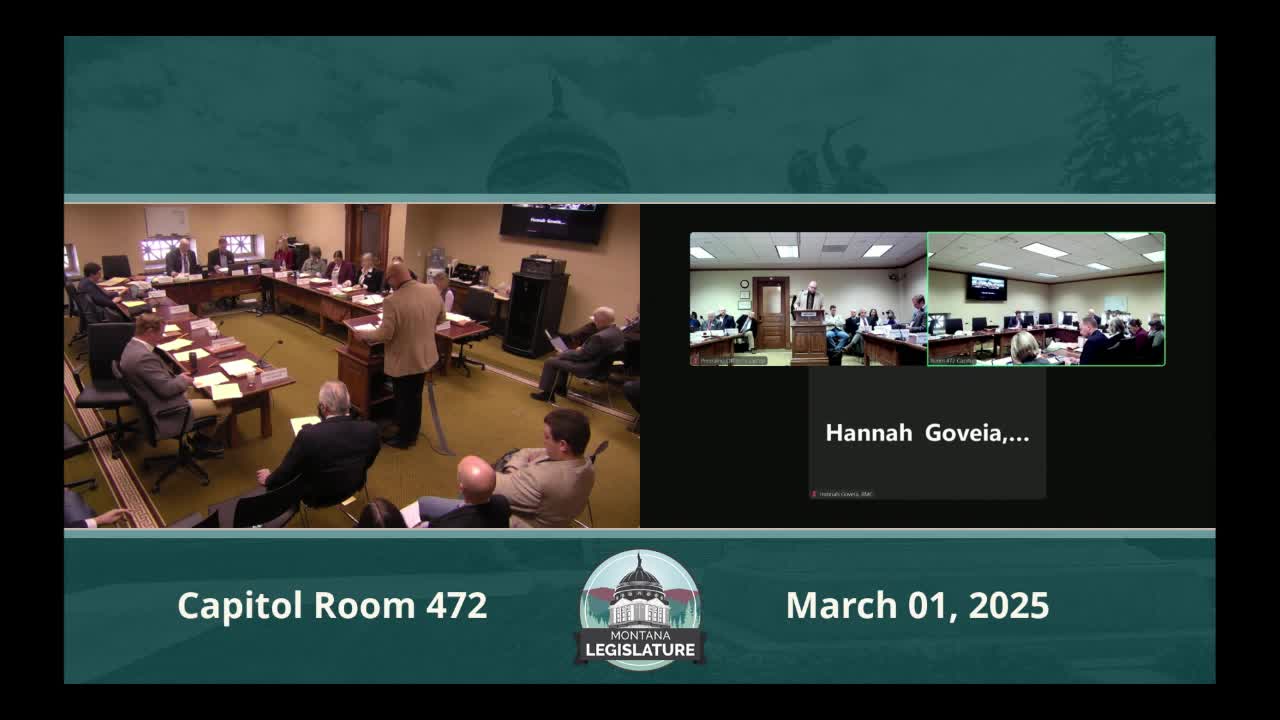Article not found
This article is no longer available. But don't worry—we've gathered other articles that discuss the same topic.

Bill would create state brownfields fund to help towns assess and clean contaminated properties

Bill would allow nutrient offsets, letting dischargers fund watershed projects instead of costly plant upgrades

Lawmakers hear bill to limit state greenhouse‑gas analysis under MEPA

